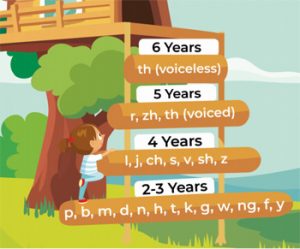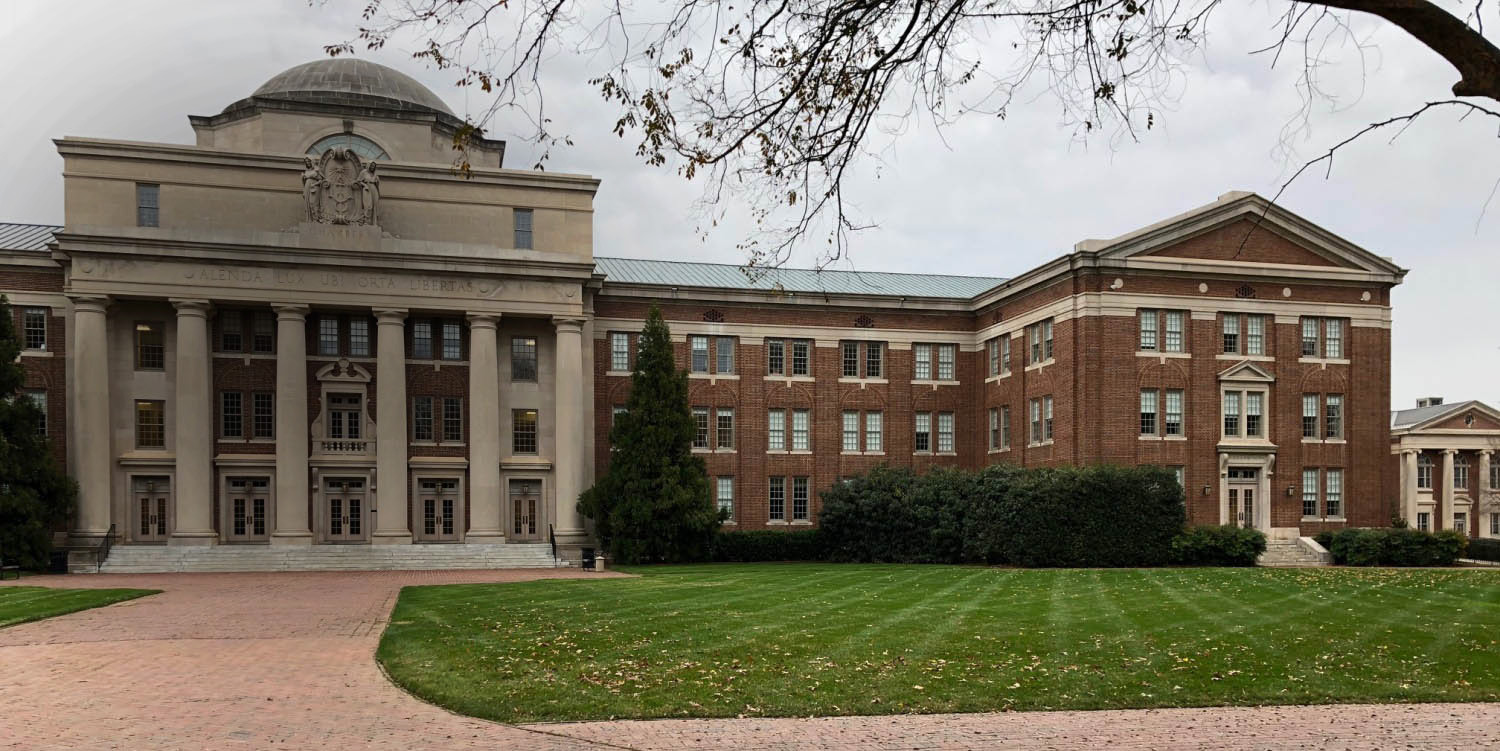
A study published in the American Journal of Speech-Language Pathology on speech sound acquisition is shaking up the speech-language establishment and providing ammunition for public-school families of children with speech sound disorders (SSDs).
The study aggregated data from 60 articles describing 64 studies in 27 languages involving 26,007 children from 31 countries. It concluded that children across the world acquire most speech sounds at a younger age than many families and speech-language pathologists (SLPs) realize. By their fifth birthday, children produce at least 93% of consonants correctly.
That is obviously important information for families and SLPs. And it is welcomed news that children with SSDs should be introduced to speech sounds at an earlier age in order to acquire those sounds when most children acquire them. It confirms what many SLPs already knew from their early introduction of speech sounds to children.
The study also provides a roadmap for public-school families to assert their rights against school districts in due process hearings under the Individuals with Disabilities Education Act (IDEA). Families should examine whether their children have been denied a free appropriate public education (FAPE) as a result of the reliance by school-based SLPs upon outdated studies that conclude the average child does not acquire many speech sounds until ages six and seven.
In 2017, the U.S. Supreme Court unanimously held that, for a school to meet its obligation to provide a FAPE, it must offer an individualized education program (IEP) that is “reasonably calculated to enable a child to make progress appropriate in light of the child’s circumstances.” The court emphasized that “every child should have the chance to meet challenging objectives.”
For too long, many school-based SLPs have used charts from outdated speech sound acquisition studies as a pretext to take a “wait and see” approach toward the introduction of speech sounds. The “dirty little secret” among many school-based SLPs is that they put off the introduction of many sounds until the child is six-years old or older only because their workload (caseload) is overwhelming.
An argument can now be made that a public school district denies a FAPE to a child when it designs and/or implements the child’s IEP in a manner that holds the child back from acquiring nearly all speech sounds by the child’s fifth birthday. Such an IEP would not be reasonably calculated to enable the child to make progress appropriate in light of the child’s circumstances, as required by the IDEA, and the IEP certainly would not give the child the chance to meet challenging objectives.
Jonathan A. Vogel, a former deputy general counsel with the U.S. Department of Education and a former federal prosecutor, is the managing attorney of Vogel Law Firm PLLC, an education law firm focused on legal issues that arise in K-12, higher education, and student loans.


